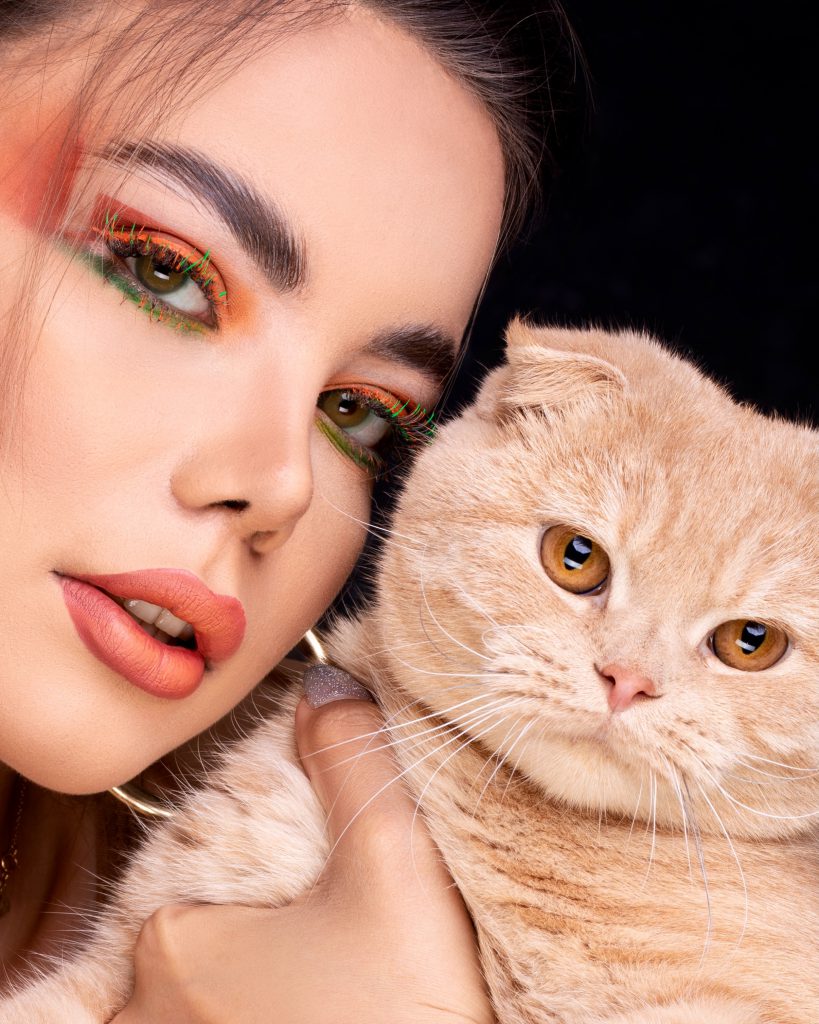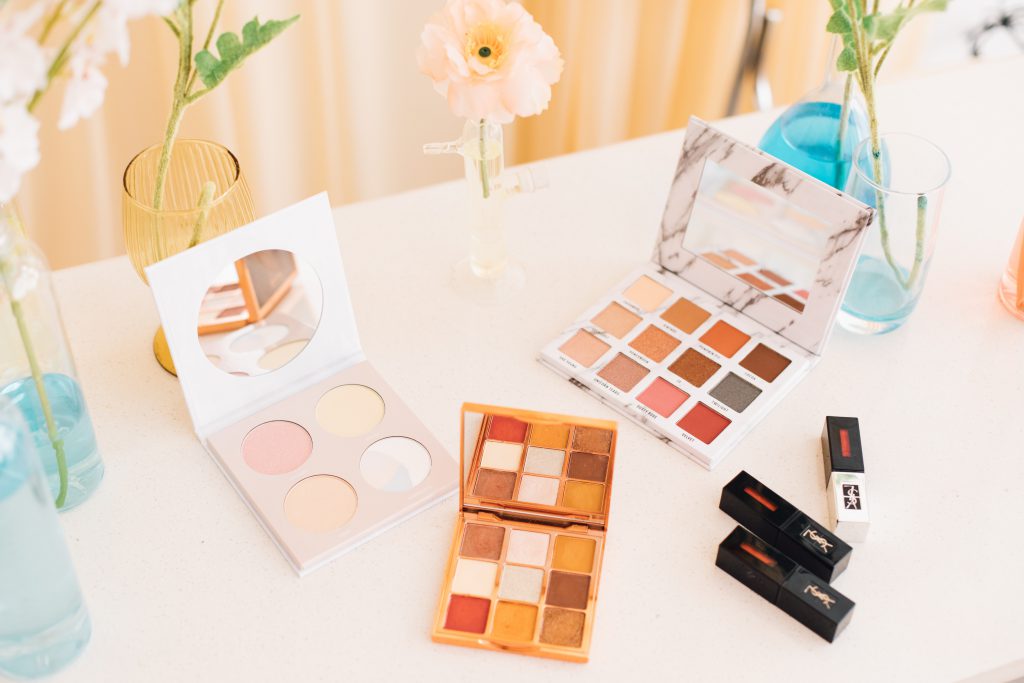Protect Your Skin
It’s important to stay informed about Cruelty-Free products – Here’s what you need to know.
Despite whether you are an animal lover or not, it is natural to want animals to be protected from being used as by humans. After all, nobody wants small animals like bunnies and hamsters to be test subjects for cosmetics products. This has resulted in a huge surge of “cruel-free” product popularity lately – yet there remains one glaring issue: these so-called “cruelty-free” items might not always actually be cruelty-free!
Though a product’s packaging or marketing strategy may present the company as cruelty-free, it unfortunately does not ensure that animals were not harmed in any stage of production. If you are aiming to fully avoid animal involvement with your purchases, then more research is needed on how companies use “cruelty-free” terminology and how exactly animals are used for testing purposes.
If you’re curious about animal testing, cruelty-free products, and determining if what’s in your cart is truly free of harm to animals or not, then here’s all the information you need!
What Role Do Animals Play in Product Testing?
Throughout the years, animal testing has evolved significantly. Currently, laboratories are able to test a broad range of allergens and toxins in items produced for human use on animals. The most popular creatures used in these tests include small rodents such as rats, mice and guinea pigs, while rabbits or even cats may be occasionally included too. Here is an overview of some of the typical animal testing experiments conducted today:
Short-Term Toxicity Evaluation
Prior to any product or ingredient being authorized for human consumption, a series of tests needs to be completed in order to verify whether there are any toxic effects after single and short-term exposure. This usually involves providing the material either orally while eating, inhaling it or applying on skin.
Uncovering Eye and Skin Irritation/Corrosion Potential with Testing
To determine if a specific ingredient produces an allergic reaction or irritation to the skin and/or eyes, this test is frequently conducted on rabbits. Often, it involves either dispensing the ingredient into their eyes or applying it directly onto their skin.
Skin Sensitization: An Overview of Skin Reactions to Ingredients and Allergens
Skin sensitization testing is a popular practice within skincare products, as it tests whether an ingredient can cause any kind of allergic reaction upon the skin. Guinea pigs are often used for this purpose, with multiple injections of the ingredient being performed to discover if it triggers sensitivity.
The potential of a substance to cause cancer.
To decide if a substance is cancer-causing, animals are usually exposed to the chemical by breathing it in or getting injections over two years. At the end of this time frame, they are evaluated for any signs of malignancy that would indicate whether the ingredient tested was carcinogenic.
Reproductive and Developmental Hazards
To determine whether or not a product or ingredient will interfere with the ability to reproduce, or if it will cause problems with offspring development, animals are often subjected to the product or chemical and then mated with one another.
It’s More Than What You Imagine
Product testing can be done without the need of animals, as there are other methods that provide just as accurate results. Consequently, utilizing animals in such tests is an unjustifiable and outdated practice. Instead, we should look to more humane methods for conducting experiments with quantified outcomes.
Have you ever asked yourself, “What does ‘Cruelty-Free’ actually mean?”
When you pick up your beloved pressed powder and read the label, it’s comforting to find ‘cruelty-free’ written on its packaging. Naturally, this also leads us to think that no animals have been involved in creating or testing the product. However, sadly things are not always as straightforward as they appear!
One false belief we often make is to assume that a cruelty-free product has been created from beginning to end in one single facility. In truth, many products are sourced with ingredients from multiple companies, assembled at another company and then packaged at yet another. This leaves open the possibility for animal testing having happened somewhere along the production process rather than not occurring anywhere within it.
While we endeavor to guarantee that each component of our product is cruelty-free, it can be difficult to authenticate this assertion due to the sourcing from multiple companies.
What Does It Truly Mean?
Despite the fact that cosmetics labs themselves do not directly test on animals after products are created, the majority of chemical ingredients used have been previously tested on live creatures. Consequently, in essence, we are still contributing to animal testing when using such items.
Unfortunately, even if a cosmetic company never tests their products on animals themselves, they may not be considered cruelty-free. This is because the ingredients used to make those products could have been tested on animals by other companies before reaching them. So while the final product may not involve animal testing in its production process, it can’t truly claim to be cruelty-free.
Companies can sometimes use deceptive marketing tools with cruelty-free logos and words to give a false sense of security that their products were never tested on animals. So when looking for an animal-friendly item, here are three factors you should take into account.
Utilize the Power of Language.
To be sure that a product is truly cruelty-free, don’t simply read the words on its label. For example, if it says “final product not tested on animals,” what you should really understand is that at some point in its creation and development process, an animal may have been used for testing purposes. If the manufacturer leaves any room for doubt of whether or not animal testing was involved in making the item – assume it’s NOT cruelty-free!
Get Acquainted with the Brand
To discern if a product is cruelty-free, it’s important to assess the brand. Do they have reliable credentials? Have all ingredients for their products been ethically sourced and free of animal testing?
Although some brands may indicate on packaging or online that “no animals were used” in making their goods, this can be misleading. It might mean that while the company itself didn’t carry out any tests on creatures, its suppliers could’ve done so during production steps.
What does Cruelty-Free Mean?
Are the methods of obtaining lanolin from sheep’s wool and mink eyelashes from fibers brushed away humane? These queries can be tricky to answer when trying to decide if animal cruelty is actually involved. Peta firmly states that using animals in any form for testing or products should not be seen as “cruelty-free”. Generally, these creatures are kept in inadequate environments with food and water barely sufficient enough for them to survive.
What does it mean to be 100% Pure and Cruelty-Free?
Our company was founded with a core value of zero tolerance for animal cruelty in every stage of production. Accordingly, none of our 100%Pure Beauty products or individual ingredients are ever tested on animals. Many components used to formulate them are sourced and crafted internally, allowing us even more control over the creation process. We not only prioritize natural organic elements but also believe that products should enhance beauty without causing harm.
Our makeup brushes boast both natural and synthetic fibers, delivering better longevity and an exceptional application experience that rivals skin-to-skin contact. Animal hair fiber was unnecessary in creating our perfect blend of precision and playfulness.
The Bottom Line
Don’t be misled by packaging alone: it can be tricky to believe that a product is truly cruelty-free just because the label indicates so. To make sure of what you’re buying, do your due diligence in researching the brand and their stance on animal involvement throughout all stages of production and development for their products. If being informed about an item’s ingredients is important to you, don’t hesitate in asking questions; reputable brands will open up about how they source materials without hesitation. But if someone dodges or evades such inquiries, then caution should be exercised when making any purchases from them!
If you are looking for makeup and skin care products that have never been tested on animals, then look no further than 100%Pure. This company has a strict policy of zero animal testing in the development of their products, guaranteeing you only purchase cruelty-free items. Animal experimentation is an unnecessary process when it comes to cosmetics – so make sure your purchases reflect this!https://www.100percentpure.com/collections/fruit-dyed-makeup/products/fruit-pigmented-healthy-foundation



